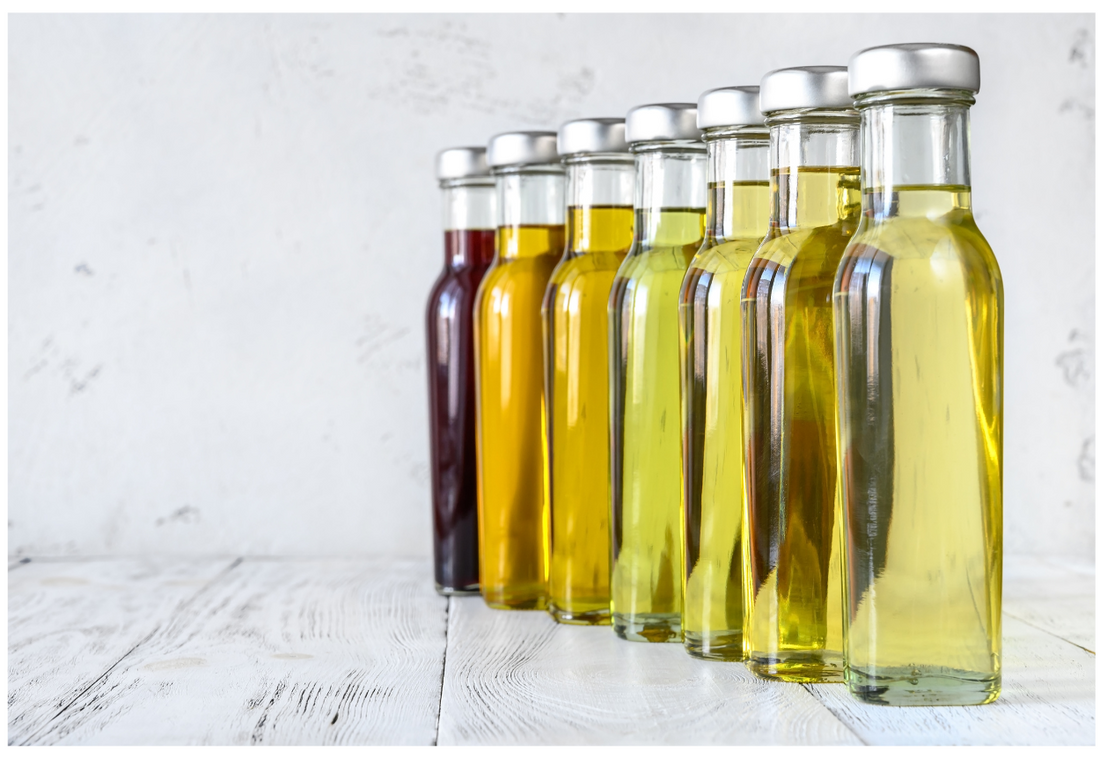
Are All Seed Oils Bad? Here’s What You Need to Know
Share

Seed oils have been a hot topic lately, with some being labeled unhealthy while others are encouraged for regular use. Let’s clear up the confusion and find out which oils to avoid and which are beneficial.
Seed Oils Getting a Bad Rap:
Certain seed oils, such as canola, corn, soybean, and sunflower oil, have been criticized for their high levels of omega-6 fatty acids. While omega-6 is essential for the body, an excess (common in processed foods) can promote inflammation, potentially leading to chronic diseases like heart disease and diabetes. These oils are also often highly processed and may contain harmful trans fats due to hydrogenation.
Encouraged Seed Oils:
On the flip side, flaxseed oil, hemp seed oil, and pumpkin seed oil are generally encouraged. These oils are rich in omega-3 fatty acids, which help reduce inflammation, promote heart health, and improve brain function. Pumpkin seed oil, for example, is also known for its antioxidant properties and positive effects on prostate and urinary health.
Why the Difference?
It all comes down to the balance of fatty acids. Omega-3s are anti-inflammatory, while omega-6s, when consumed excessively, can lead to inflammation. Maintaining a balance between the two is key to overall health, which is why oils with a good omega-3 profile are encouraged.
Sources:
Next time you're choosing oils, opt for those rich in omega-3s like flaxseed, hemp, and pumpkin seed oil to support your health!
